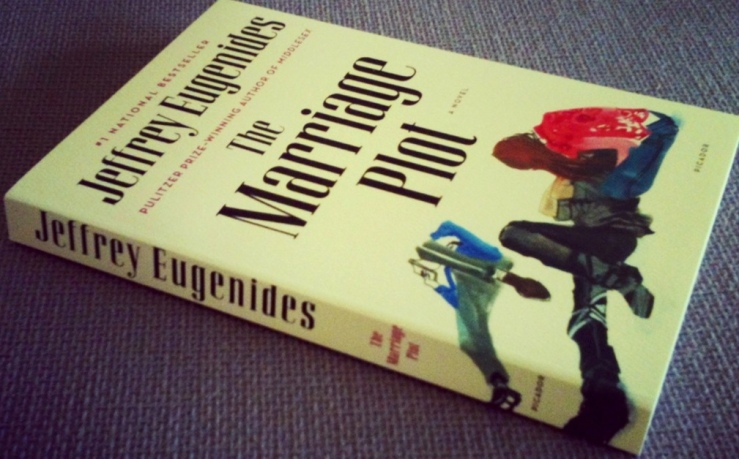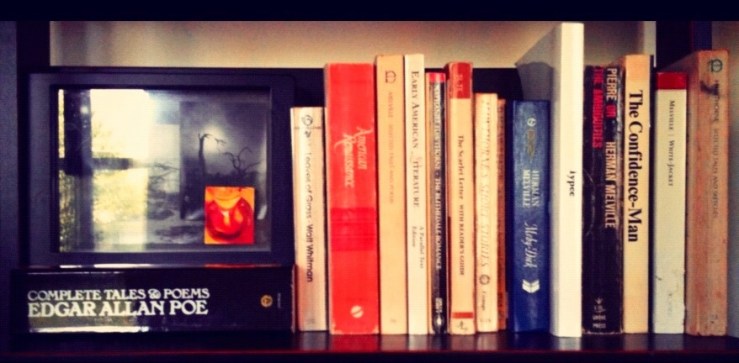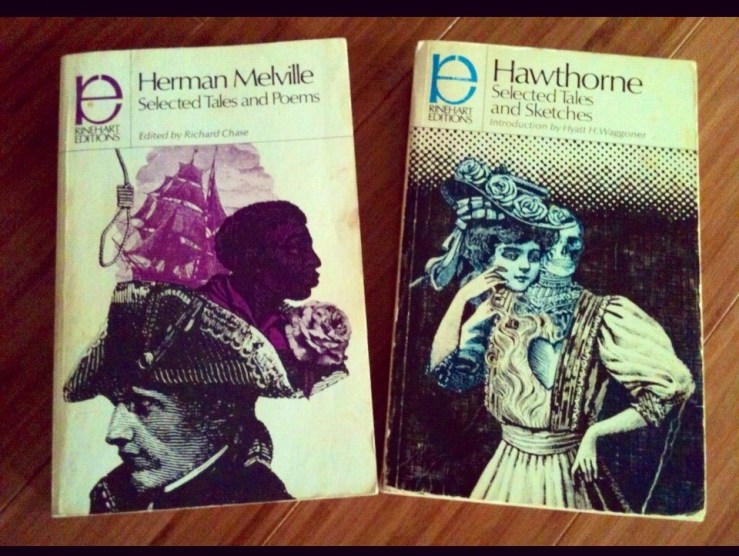“Greville Fane”
by
Henry James
Coming in to dress for dinner, I found a telegram: “Mrs. Stormer dying; can you give us half a column for to-morrow evening? Let her off easy, but not too easy.” I was late; I was in a hurry; I had very little time to think, but at a venture I dispatched a reply: “Will do what I can.” It was not till I had dressed and was rolling away to dinner that, in the hansom, I bethought myself of the difficulty of the condition attached. The difficulty was not of course in letting her off easy but in qualifying that indulgence. “I simply won’t qualify it,” I said to myself. I didn’t admire her, but I liked her, and I had known her so long that I almost felt heartless in sitting down at such an hour to a feast of indifference. I must have seemed abstracted, for the early years of my acquaintance with her came back to me. I spoke of her to the lady I had taken down, but the lady I had taken down had never heard of Greville Fane. I tried my other neighbour, who pronounced her books “too vile.” I had never thought them very good, but I should let her off easier than that.
I came away early, for the express purpose of driving to ask about her. The journey took time, for she lived in the north-west district, in the neighbourhood of Primrose Hill. My apprehension that I should be too late was justified in a fuller sense than I had attached to it—I had only feared that the house would be shut up. There were lights in the windows, and the temperate tinkle of my bell brought a servant immediately to the door, but poor Mrs. Stormer had passed into a state in which the resonance of no earthly knocker was to be feared. A lady, in the hall, hovering behind the servant, came forward when she heard my voice. I recognised Lady Luard, but she had mistaken me for the doctor.
“Excuse my appearing at such an hour,” I said; “it was the first possible moment after I heard.”
“It’s all over,” Lady Luard replied. “Dearest mamma!”
She stood there under the lamp with her eyes on me; she was very tall, very stiff, very cold, and always looked as if these things, and some others beside, in her dress, her manner and even her name, were an implication that she was very admirable. I had never been able to follow the argument, but that is a detail. I expressed briefly and frankly what I felt, while the little mottled maidservant flattened herself against the wall of the narrow passage and tried to look detached without looking indifferent. It was not a moment to make a visit, and I was on the point of retreating when Lady Luard arrested me with a queer, casual, drawling “Would you—a—would you, perhaps, be writing something?” I felt for the instant like an interviewer, which I was not. But I pleaded guilty to this intention, on which she rejoined: “I’m so very glad—but I think my brother would like to see you.” I detested her brother, but it wasn’t an occasion to act this out; so I suffered myself to be inducted, to my surprise, into a small back room which I immediately recognised as the scene, during the later years, of Mrs. Stormer’s imperturbable industry. Her table was there, the battered and blotted accessory to innumerable literary lapses, with its contracted space for the arms (she wrote only from the elbow down) and the confusion of scrappy, scribbled sheets which had already become literary remains. Leolin was also there, smoking a cigarette before the fire and looking impudent even in his grief, sincere as it well might have been. Continue reading ““Greville Fane” — Henry James”





